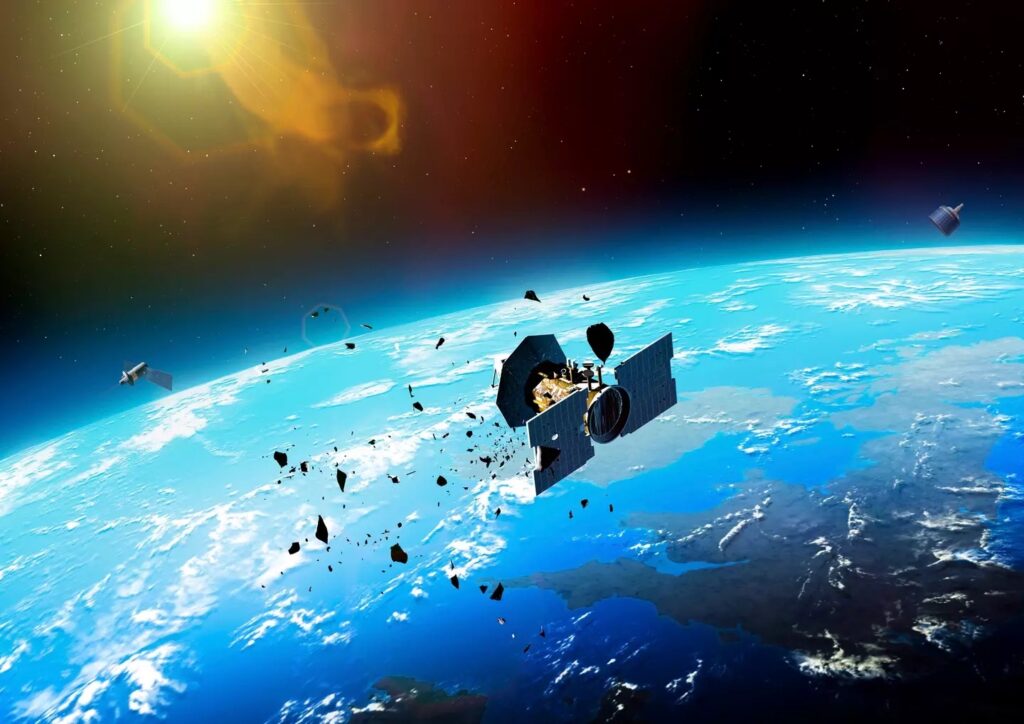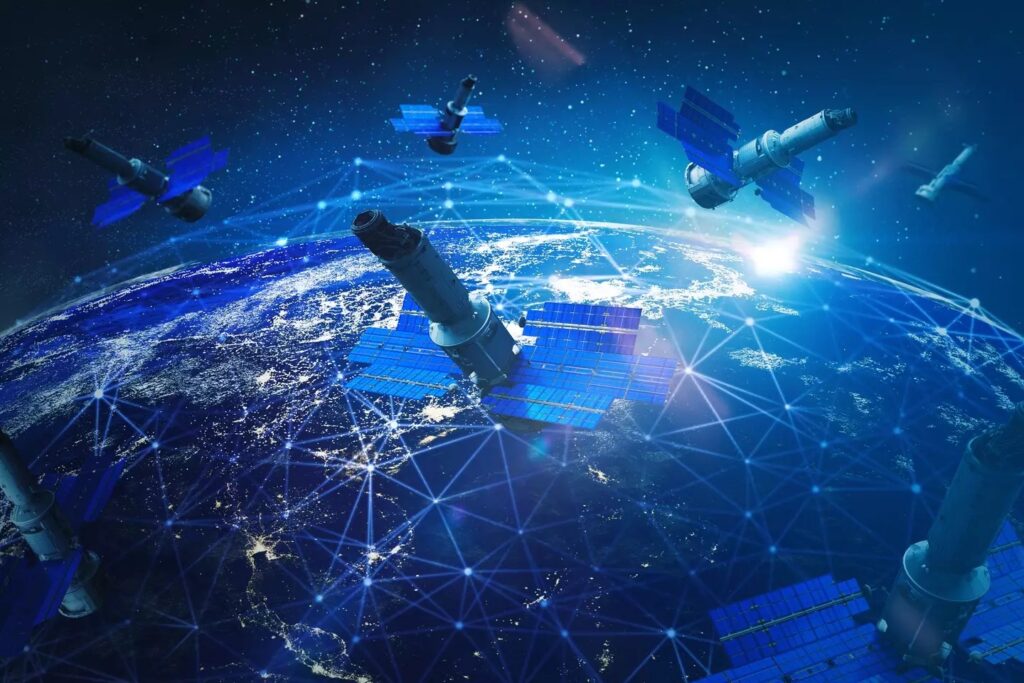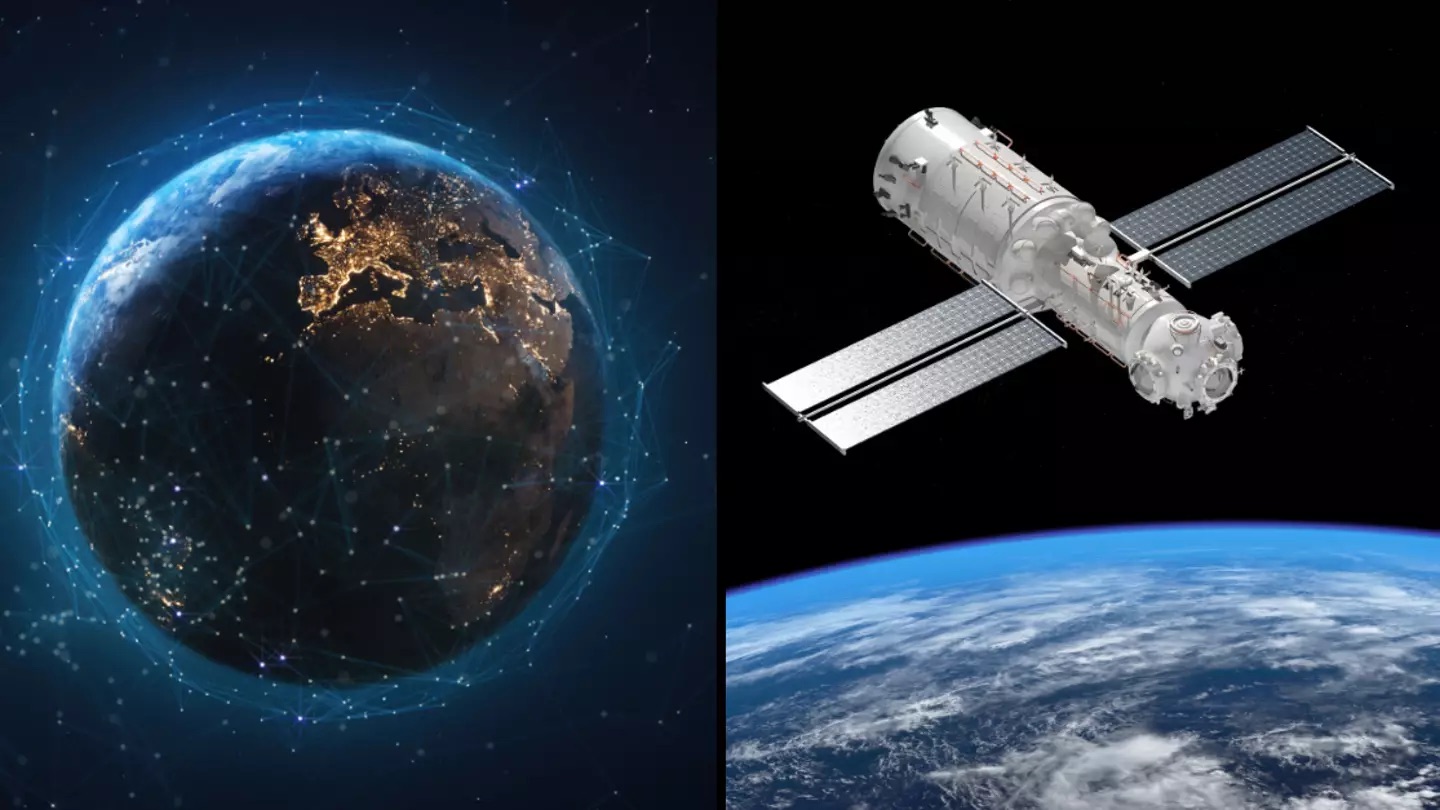The idea that space debris could lead to the collapse of modern society may seem like a science fiction plot, but unlike films like Gravity, this scenario is a real possibility. First introduced in 1978 by NASA scientists Donald Kessler and Burton Cour-Palais, the Kessler syndrome predicts that humanity’s space activities may increasingly threaten modern life.
Kessler and Cour-Palais warned that the more satellites and debris accumulate in space, the higher the risk of collisions. As Earth’s orbit becomes crowded with these objects, the chances of crashes increase, potentially leading to a chain reaction that could wipe out critical communication satellites. This would make launching new satellites nearly impossible due to the abundance of high-speed debris.

Currently, over 10,000 satellites orbit Earth, alongside more than 100 trillion pieces of old satellite debris. Occasionally, some debris burns up in the atmosphere. According to John L. Crassidis, a space debris expert and professor at the University at Buffalo, “The Kessler syndrome is going to come true. If the risk of collision becomes so great that we can’t launch new satellites, we’re in serious trouble.”
In their 2023 paper, Kessler’s syndrome: a challenge to humanity, Crassidis and Amrith Mariappan discuss the far-reaching consequences of this scenario.
Air Travel and Railways:
Airlines worldwide depend on satellite-based Flight Management Systems (FMS) for essential in-flight tasks. A disruption in satellite communications would cripple the industry by eliminating GPS, forcing pilots to rely on manual navigation, which could result in dangerous situations, especially in bad weather. The railway industry, too, relies on GPS for tracking and collision prevention. Without it, fatal accidents could occur.
Food and Agriculture:

Farmers rely heavily on satellite technology for crop management and yield mapping. The loss of GPS would force agriculture to return to outdated methods, significantly disrupting global food production. The paper highlights how Global Navigation Satellite Systems (GNSS) have been invaluable in farming, even under poor conditions.
Energy Security:
Satellite communications play a vital role in energy sector efficiency. The loss of this technology would have cascading effects on industries like transportation, leading to mass job losses and economic uncertainty. Systems monitoring nuclear safety and renewable energy processes, such as dam management, would also be compromised. Countries dependent on energy imports would be particularly vulnerable.
Healthcare:

The transportation of medicines and supplies would be severely affected, leaving people with chronic or serious conditions without critical treatments. The paper notes that around 310 million surgeries occur globally each year, and access to electricity and transportation is essential for medical operations. Without these, millions of lives could be at risk.
Mental Health:

While not as immediately critical, the loss of technology could impact mental health. The paper emphasizes that modern society’s reliance on technology for entertainment and information, especially during events like the COVID-19 lockdowns, means a sudden loss could have significant effects on well-being.
The main consequences of Kessler syndrome are indirect, resulting from the complex interdependencies of modern society. The potential environmental and human impacts of losing access to satellites are profound and warrant serious attention.
